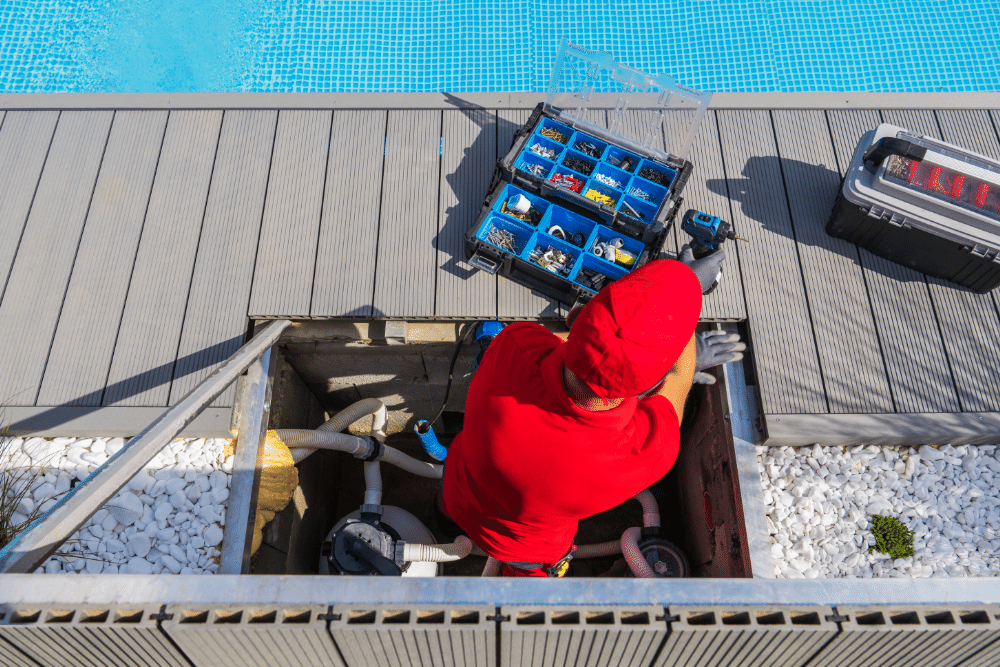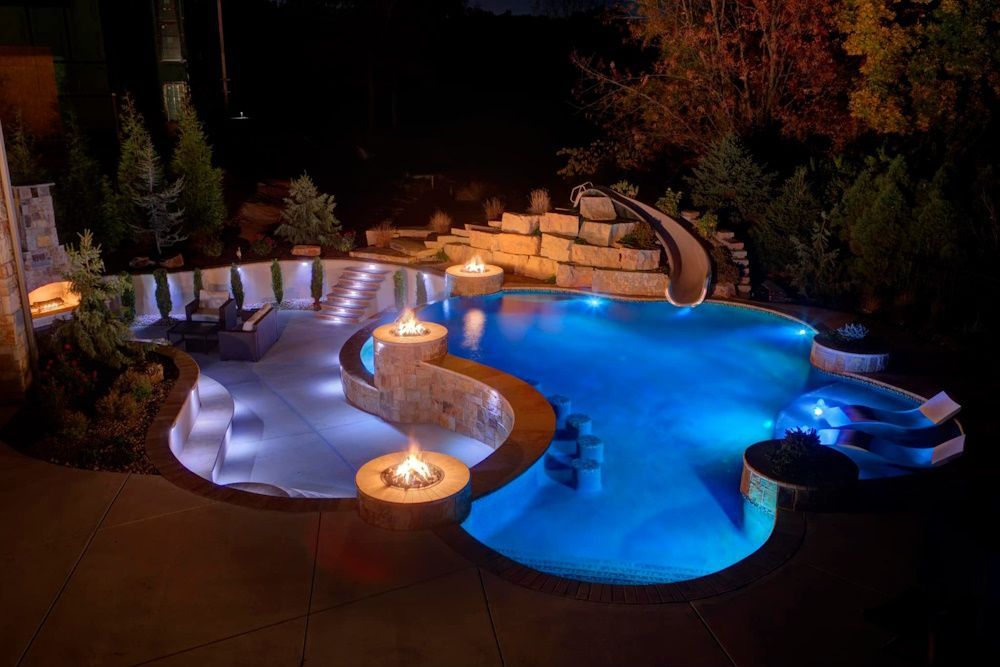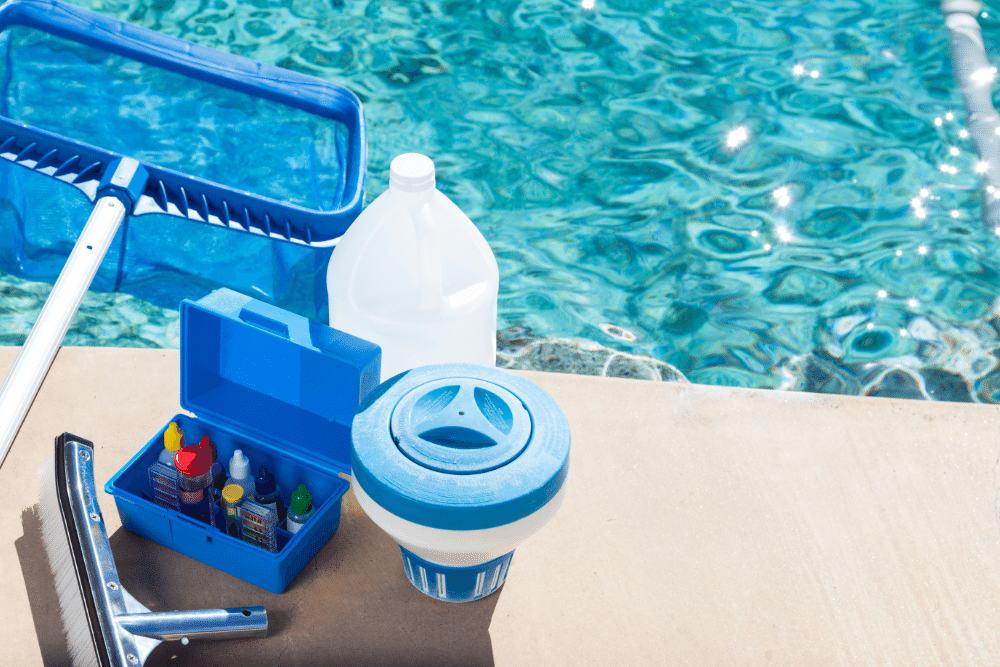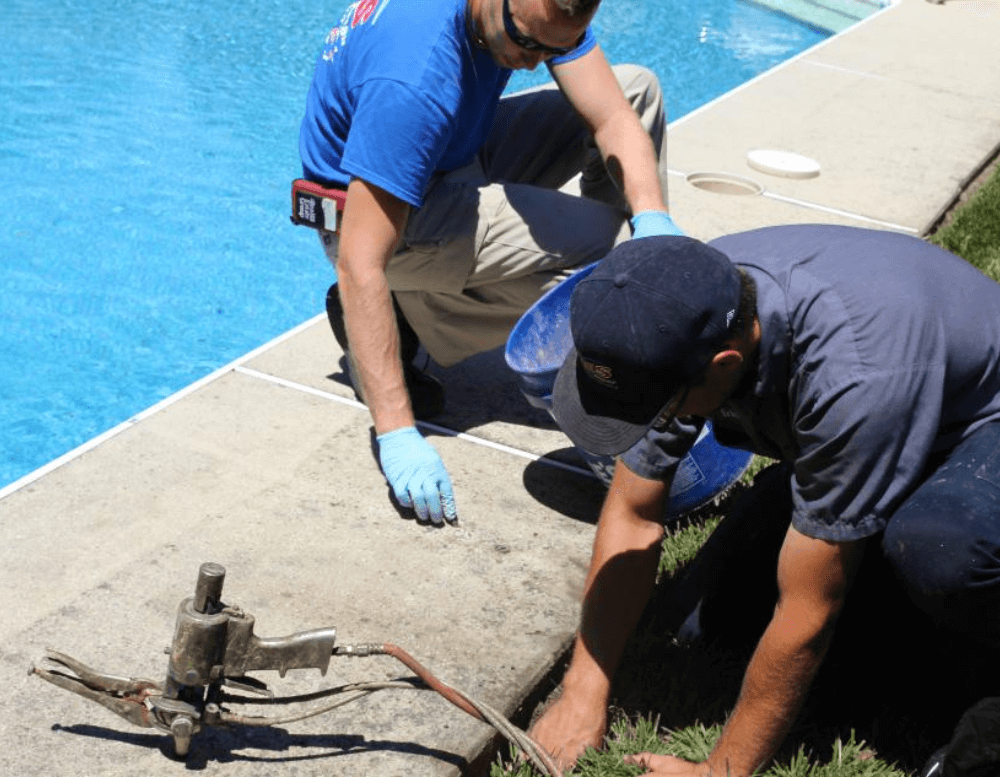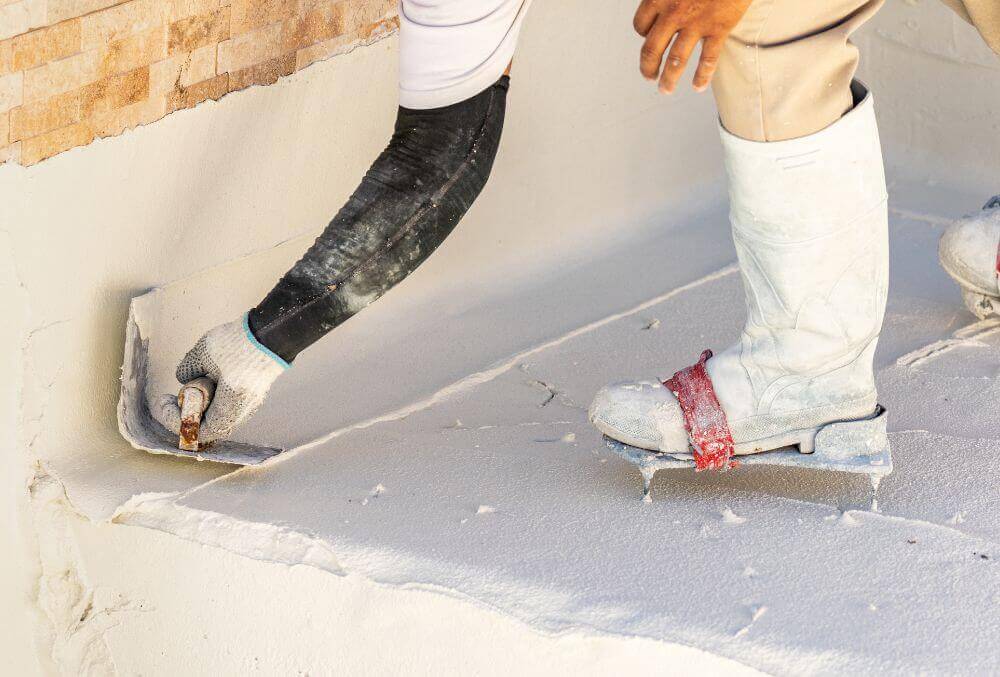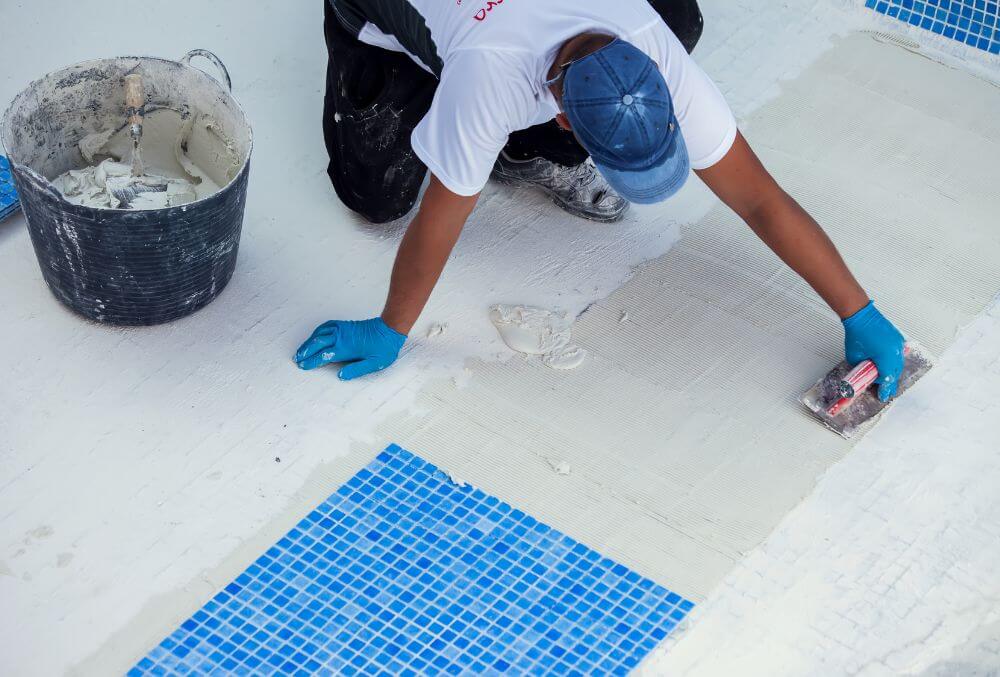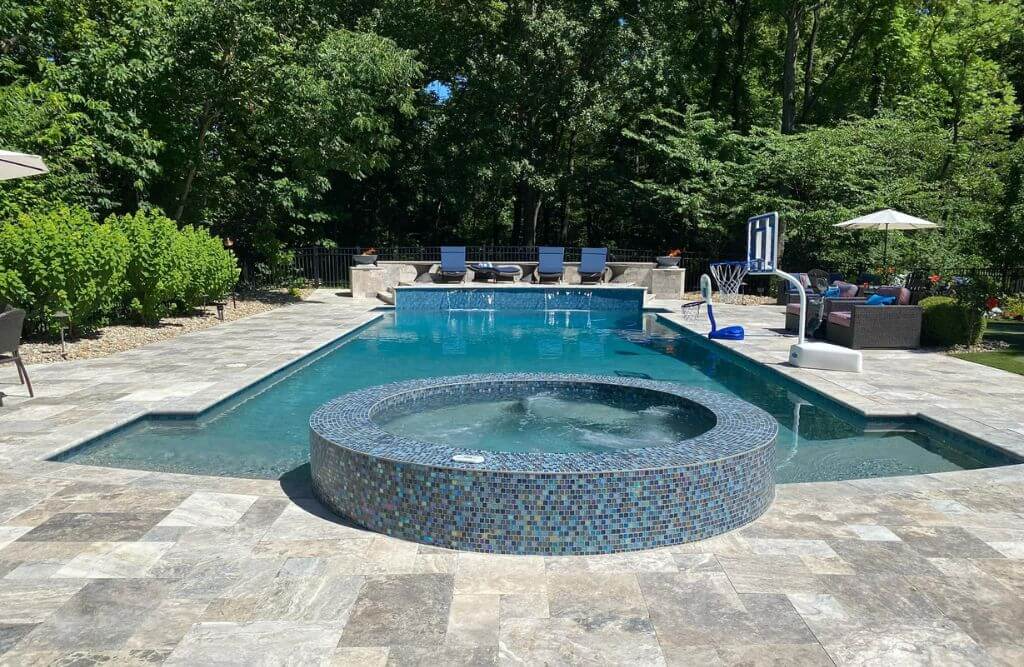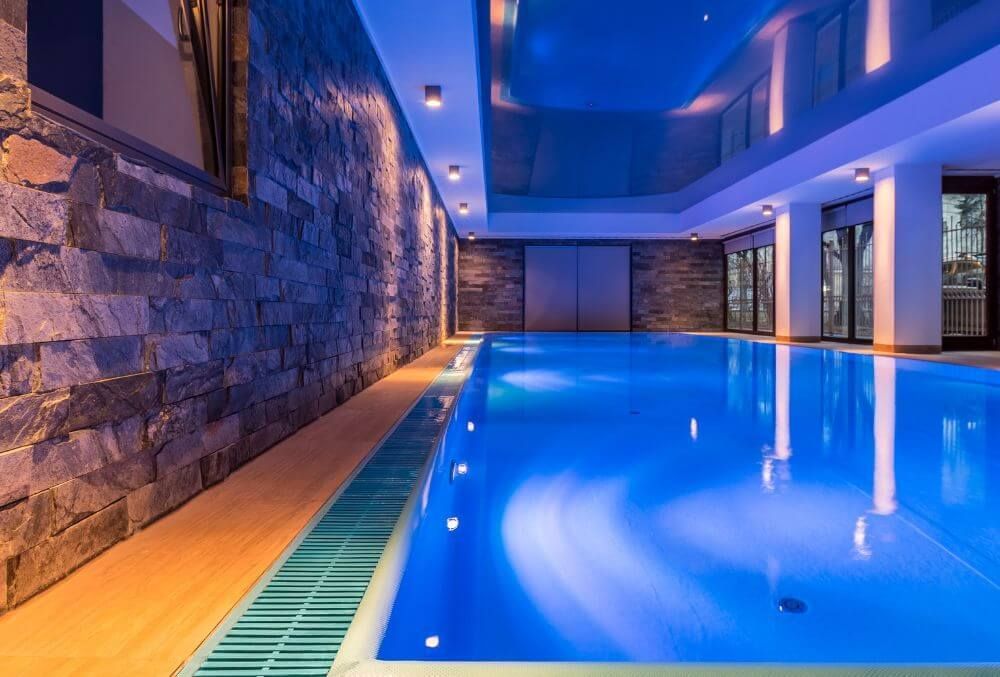A How-To Guide for St. Louis Homeowners
After a long work week, nothing beats taking a refreshing dip in your own sparkling backyard pool. But without proper water chemistry, your oasis can transform into a swampy mess.
According to the National Swimming Pool Foundation, improper water balance causes most common pool issues like cloudy water, eye irritation, and algae growth. Don't let poor chemistry ruin your swim season. Follow this deep dive into expert pool water care and enjoy crystal clear water all summer long.
Why Water Chemistry Matters
Balanced water chemistry not only keeps water clear, but also protects the pool itself from damage while ensuring a safe, sanitary swim environment. Unbalanced water can corrode pool surfaces and equipment, requiring expensive repairs.
The Centers for Disease Control states that improper pH and disinfectant levels have been linked to recreational water illnesses like diarrhea. Don't skip the chemistry!
Testing Regularly is Key
Test and adjust chemical levels at least twice per week, especially if pool use is heavy. Bring water samples to your local pool store for professional testing if needed. Here are the key components to monitor:
pH Level
The ideal pH range for pools is 7.4-7.6 on a scale of 0-14. According to the American Chemistry Council, pH impacts the effectiveness of chlorine sanitizer, so getting it right is crucial. Add soda ash to raise low pH. Lower it with muriatic acid.
Chlorine
To kill bacteria and algae, the CDC recommends 1-3 ppm of free chlorine. Add chlorine as needed, shock treating if levels drop too low. High chlorine can cause eye irritation. Use sodium thiosulfate to lower levels.
Total Alkalinity
This buffers changes in pH. Keep alkalinity between 80-120 ppm using sodium bicarbonate to raise low levels. Properly balanced alkalinity prevents pH fluctuations.
Calcium Hardness
Aiming for 200-400 ppm helps prevent pool surface corrosion. Add calcium chloride if low. High hardness makes water cloudy.
Cyanuric Acid
This stabilizer protects chlorine from the sun. Maintain 30-50 ppm, diluting if too high. Excess cyanuric acid causes chlorine to be less effective.
Shocking for Sparkling Water
In addition to routine testing, occasional shocking clears up cloudy water and kills algae and bacteria that regular chlorine can't tackle. The National Pools Foundation advises shocking at least once a month. More frequent shocking may be needed for heavily used pools.
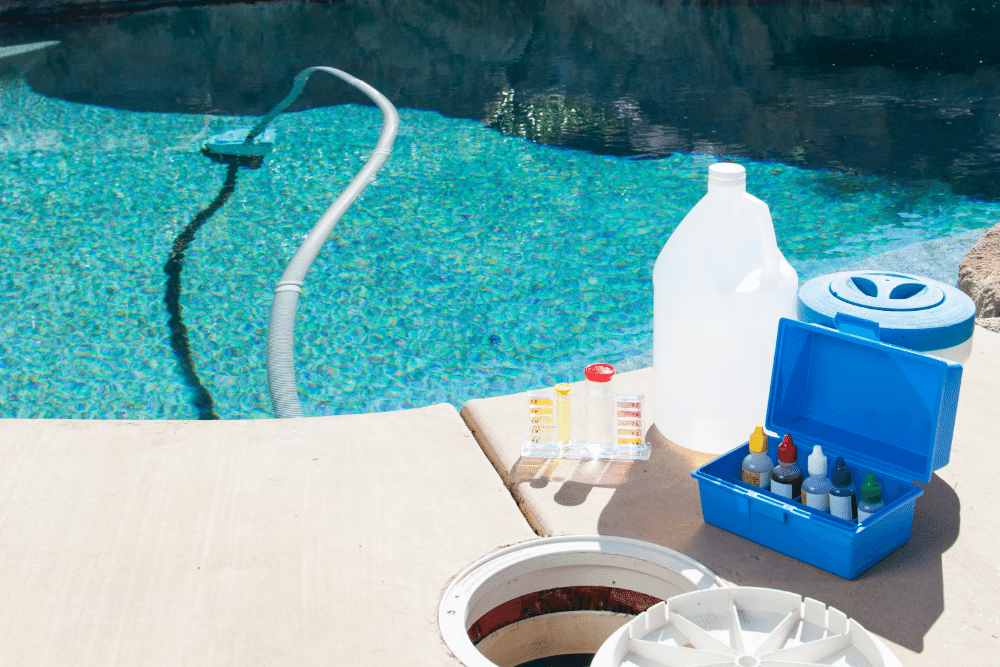
Troubleshooting Common Issues
- Green or black algae? Add extra chlorine and scrub walls and floors thoroughly. Then shock treat and maintain proper chlorine levels.
- Cloudy water? Correct pH and alkalinity levels. Shock treat, run the filter and clean with flocculant. Check filter equipment for issues.
- Skin irritation? Stop swimming immediately and test/adjust pH and free chlorine to proper levels. Shock if needed.
By starting the season with balanced water and staying vigilant with routine testing and maintenance, St. Louis homeowners can enjoy crystal clear water without expensive repairs. Don't let pool chemistry seem intimidating.
Local pool companies are available to provide troubleshooting and regular maintenance services if needed. With the right chemistry know-how, you'll be on your way to sparkling pool water this summer!
